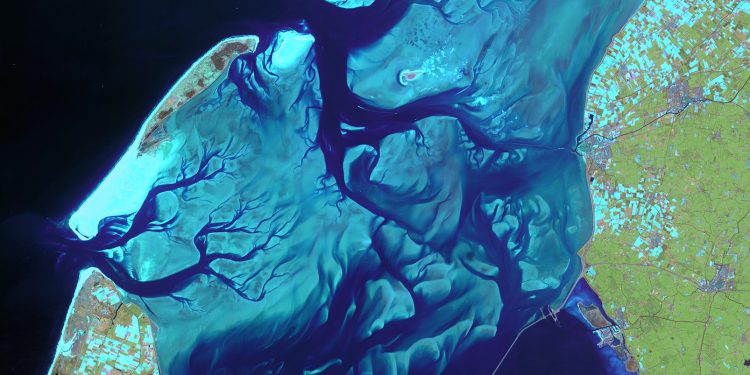Science for Post 2020 Environmental Targets: Insights from Earth Observation of Protected Areas
On Thursday, 27 September 2018, Ricardo Serrão Santos MEP and Sirpa Pietikäinen MEP hosted the event entitled: “Science for Post 2020 Environmental Targets: Insights from Earth Observation of Protected Areas”.
New generations of satellites and scientific developments are opening vast opportunities for monitoring and understanding nature and biodiversity. As we approach 2020 when strategies such as the EU Biodiversity Strategy end, it is necessary to prepare the EU’s future policy framework, in which science should play an important role. Some challenges in preserving biodiversity and achieving policy targets could be mitigated through further use of Earth Observation. This event will highlight findings of the ECOPOTENTIAL project, which supports the use of Earth Observation in Protected Areas across Europe, and present perspectives on future biodiversity frameworks and targets.
In 2011, the EU committed to “halting the loss of biodiversity by 2020, and restore it insofar as possible”. The EU Biodiversity Strategy to 2020 was adopted, aiming to set the EU on the right track to meet this objective. Although the EU has advanced in some areas since 2010 –e.g. with the approval of the Regulation on Invasive Alien Species– there is still a lot to do, especially to enhance implementation of existing legislation and integration of biodiversity concerns into relevant EU policies. Actually, the mid-term review of this EU Biodiversity Strategy to 2020 signals that it will most likely be impossible to achieve the 2020 targets. As the EU aims to be “a leading proponent of international action on environment”, it can be expected it will show a high level of ambition for the discussions of the post 2020 biodiversity targets globally. As we approach 2020, it becomes urgent to prepare the EU’s future policy framework, where science and Earth Observation should play an important role.
The ECOPOTENTIAL (www.ecopotential-project.eu) project has received funding from the European Union research and innovation programme under grant agreement N 641762.
![]()



